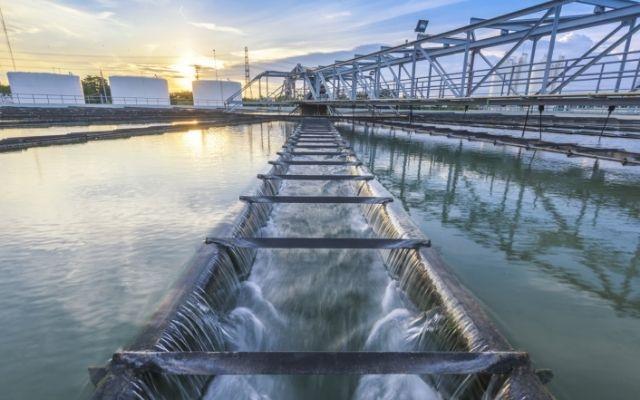No products in the cart.
Noida to recycle and reuse 100% wastewater, set to become ‘Zero Discharge City’
There is no hiding to the fact that water has become a scarcity nowadays and the demand for it keeps on increasing across the majority of the cities in India.
Though the situation is expected to get much worse in the futuristic years, the only solution to overcome this crisis is to recycle and reuse wastewater and that’s what several cities across the nation are planning to do.

In fact, many cities have already started taking measures regarding this matter. Nagpur is now leading the work with recycling more than 90% of the sewage water it generates.
Following that, Noida is all set to outsmart Nagpur by recycling 100% of the sewage water generated in the city.
It was only last week that Noida Authority announced that its massive sewage treatment plant in Sector 168 raised its capacity from 50 million litres per day (MLD) to 100 in order to cater to a growing number of high-rise apartments.
Noida has a sum of six STPs across Sectors 54, 50, (two each) and 123, 168, with the capacity to treat a total of 231 MLD of sewage, beyond the 175 MLD the city, which at present generates. Another STP is also part of the plans where it could be a capacity of 246 MLD near Sector 1 in Greater Noida where 80 MLD water will be treated in the 1st phase.
The Noida Authority uses treated water which is distributed through 20 km of pipelines to irrigate parks and other “green areas” in the city.
As per Rajeev Tyagi, General Manager, Projects, Noida Authority this will not only help in the process of recycling but will also help in cutting down dependence on groundwater for irrigation.
The Noida Authority already reached an agreement with the National Thermal Power Corporation (NTPC) for providing 160 MLD of treated water which will be further used by NTPC for their cooling plants.
By increasing its capacity to recycle and reuse sewage water, Noida is on an important mission to become a ‘zero discharge city’ by 2021.












